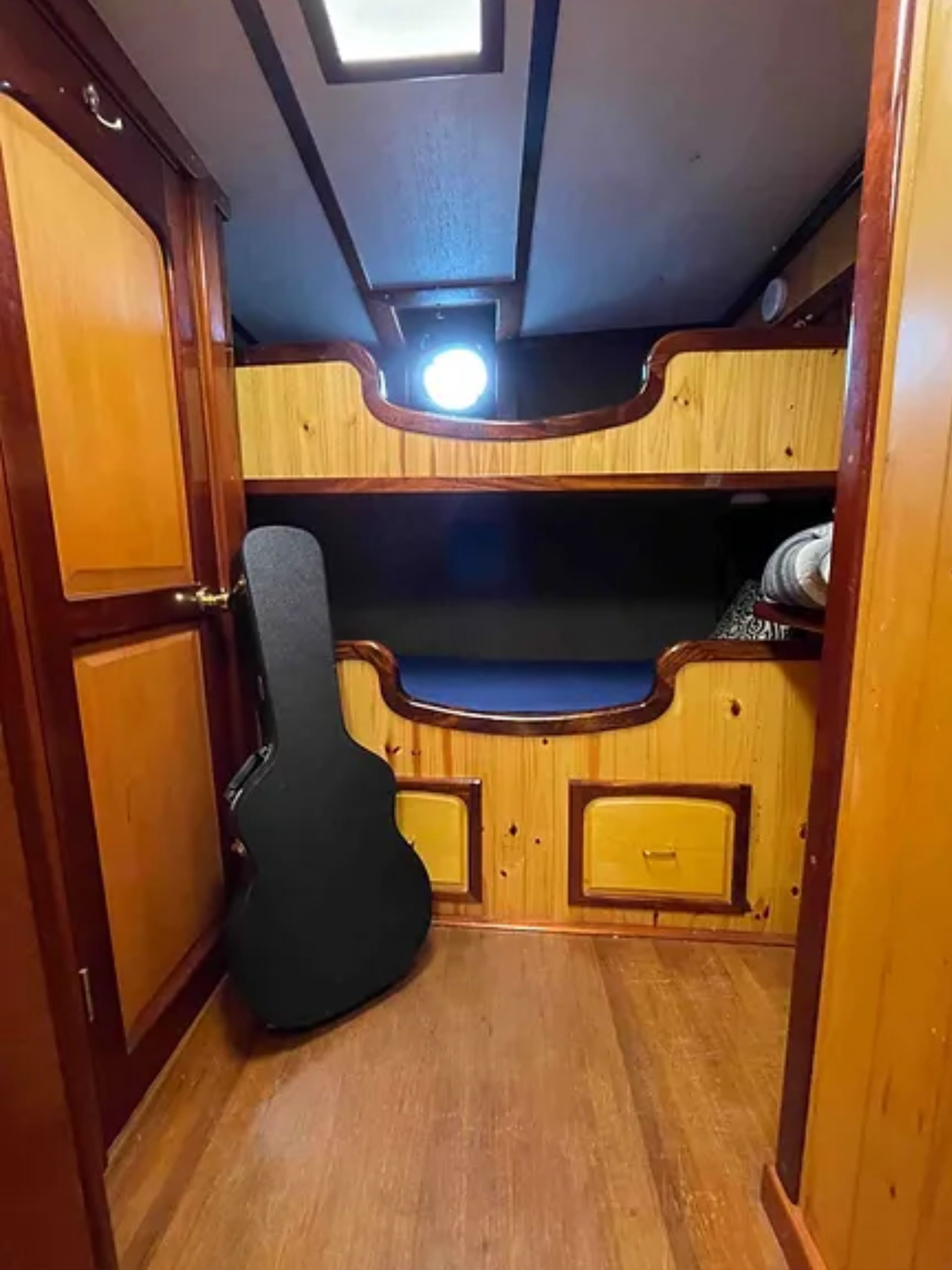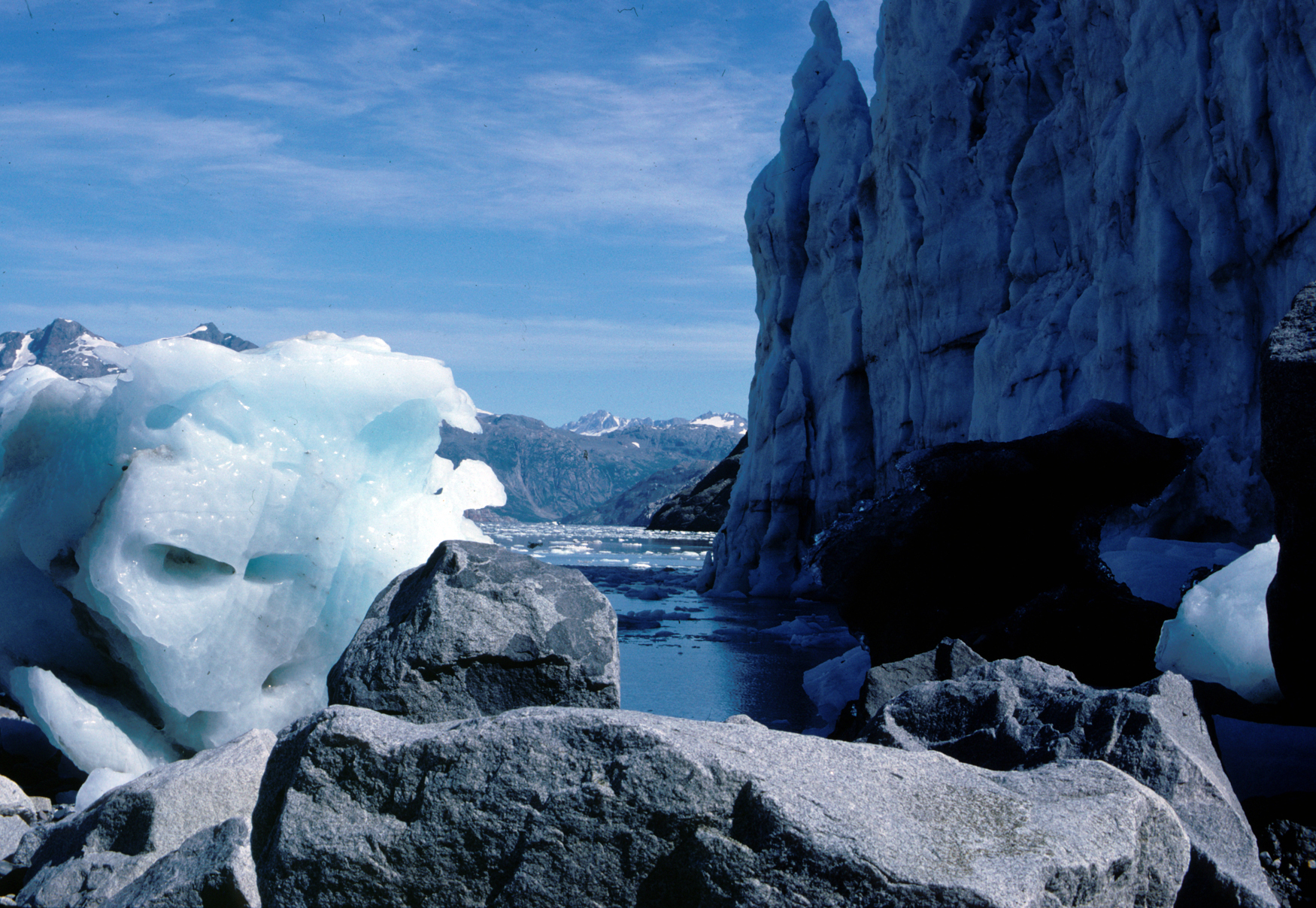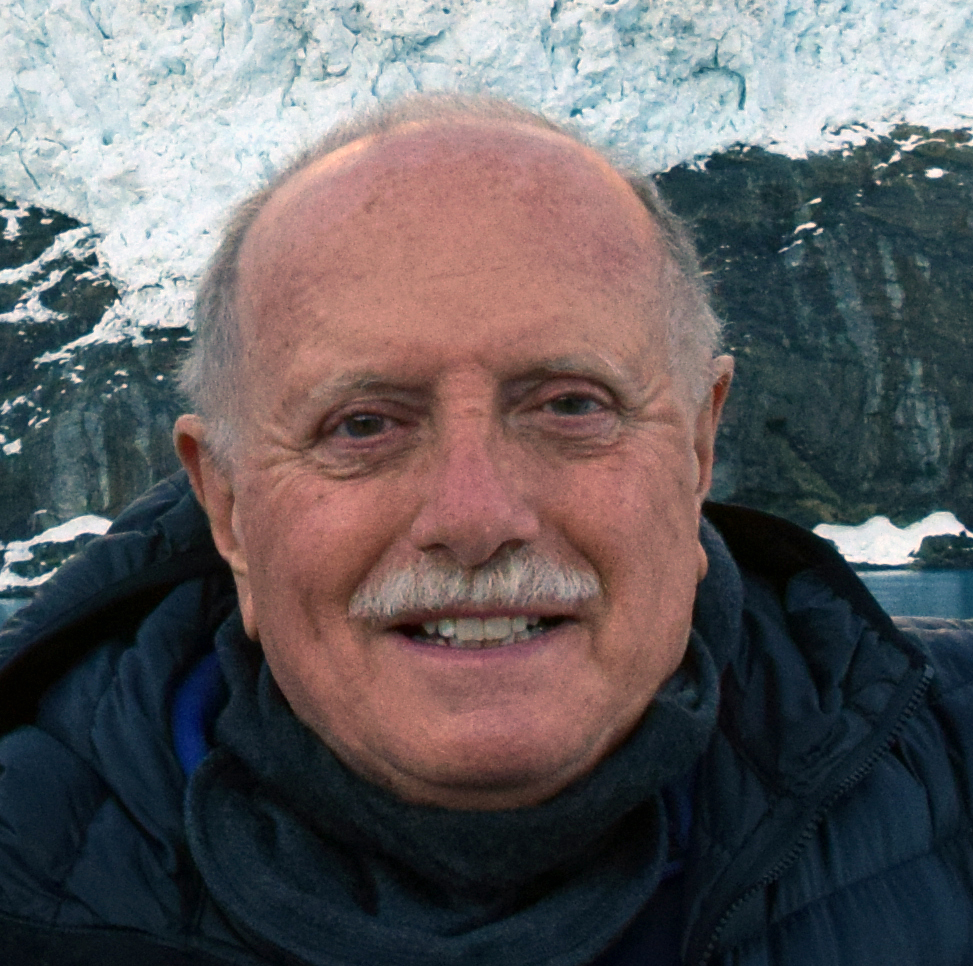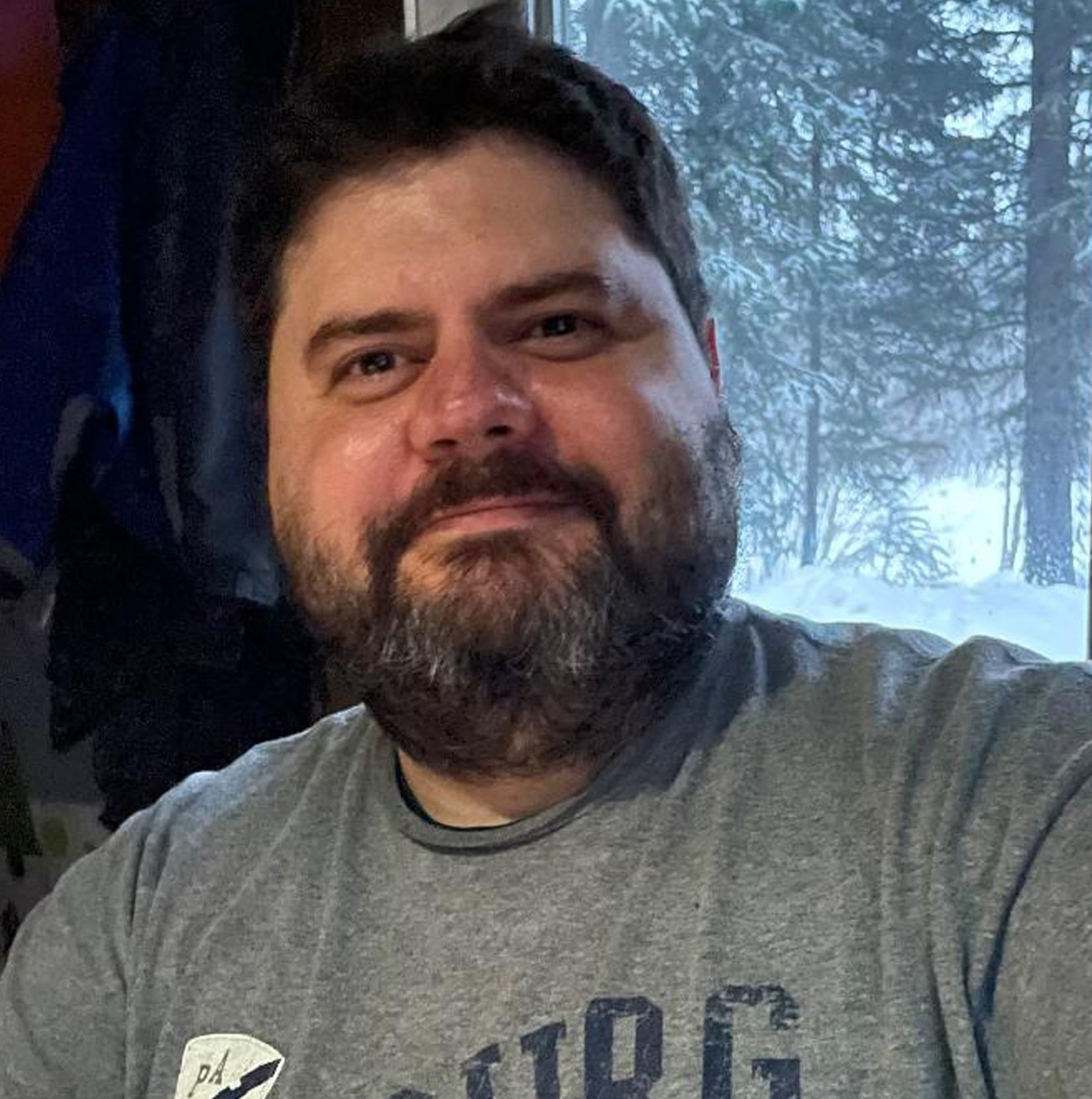Project Description
Returning Program! IFR anticipates this program will return next field season. Details and updates for summer 2025 coming soon.
Overview
Join this exciting expedition to examine and document changes in glacier coverage along Alaska’s Lost Coast or Prince William Sound. You’ll start with a one week online course covering glacier dynamics, techniques for documenting landscape changes, and the geography and geology of Alaska. Then you’ll board the research vessel The Endeavour, where you’ll spend the next two weeks exploring glaciers along Alaska’s vast coastline. You will learn to use repeat photography, which compares images you’ll collect with historical photographs taken in the same location, to show changes in the landscape. You’ll see different kinds of glaciers and learn about how they shape the environment. Using smaller shore boats, we will approach the terminus of several glaciers and explore the coastline on foot. We will live and study aboard the ship, giving us access to extraordinary locations and opportunities to discuss and reflect while experiencing life on a research vessel. This program is limited to 6 students and features communal living onboard the ship.
Field School highlights:
- Be part of ongoing research to document glacier change in Alaska.
- Understand how ice and water continue to sculpt the landscape
- Visit more than 50 glaciers while exploring southern Alaska’s coastline
| Course Details | |
|---|---|
| Course Dates | July 7-13 online July 14-27 onsite |
| Course Type | Environmental Studies, Geology |
| Instructors | Dr. Bruce Molnia |
| Credits* | 6 semester (12 quarter) |
| Early Deadline | November 1 |
| Fees Due By | April 15 |
| Program Fees | (2024) |
|---|---|
| Tuition | $4,800 |
| Transcript Fee* | $300 |
| Health & Evacuation Insurance | NA |
| Room & Board | $1,200 |
| TOTAL: | $6,300 |
Instructors
The directors welcome emails and inquiries about the research elements of this project. More general information (tuition, health insurance, and payment schedule) can be found under the ‘Students’ tab above. Any further questions may be addressed to IFR staff. Additional details about research, course schedule, travel, accommodation, and safety can be found on the syllabus. Contacting the directors or the IFR office is encouraged and appreciated. It may help you determine if this field school is a good fit for you.
Payment & Student Fees
Application Fee: There is a $45 fee to submit an online application.
Deposit Payment: A nonrefundable $500 deposit is due within 3 weeks of program acceptance in order to secure your place. The remainder of your program fees are due by the deadline indicated under “Course Details”.
*Transcript Fee & Academic Credit Opt Out: If you wish to participate in an IFR field school without earning academic credits, you will not be charged a transcript fee.
For more information about payment, fees, and policies, please see details under our Payment & Finances and Withdrawal and Cancellation Policy pages.
Accommodations
Everyone lives aboard the Endeavor during the field research component of the program. The ship is 72 feet long with three bunk rooms and two heads, both with showers. Given the limited water the ship can carry, students will not be able to shower every day and will be able to do one load of laundry during the expedition. Students will all share one bunk room, accommodating 6. Each student will have a drawer and space around their bed for storage, but space is limited on the ship and students are strongly encouraged to pack lightly.
There is a salon and galley for food preparation, and an open-air deck for observing, relaxing and group discussions. There is a small dog who shares the ship with us. You can learn more about the ship at: https://www.alaskaendeavour.org/ship


Travel Info
Natural disasters, political changes, weather conditions and various other factors may force the cancellation or alteration of a field school. IFR recommends students only purchase airline tickets that are fully refundable and consider travel insurance in case a program or travel plans must change for any reason.
General information for this program is below, but keep in mind we will discuss any updated travel information and regulations during the required program orientation, which could affect travel plans.
This program begins in Gustavus, Alaska and ends in Cordova, Alaska. Both of these airports are served by Alaska Airlines, however, flights are limited and may be difficult to book during the busy summer season. We will therefore try to arrange a charter flight from Juneau on July 14. Please wait to buy your airline ticket until this is confirmed. Students will be met at the airport and transfer to the Endeavor.
Students will spend the next two weeks onboard the ship, transferring to shore boats to explore the coast. Students should plan to fly out of Cordova, Alaska, departing no earlier than 11 AM on July 27. Students will be brought to the airport in Cordova if desired.
If you missed your connection or your flight is delayed, please call, text or email the field school director immediately. A local emergency mobile phone number will be provided to all enrolled students.
VISA REQUIREMENTS
Students not from the USA are asked to check the embassy website page at their home country for specific visa requirements













